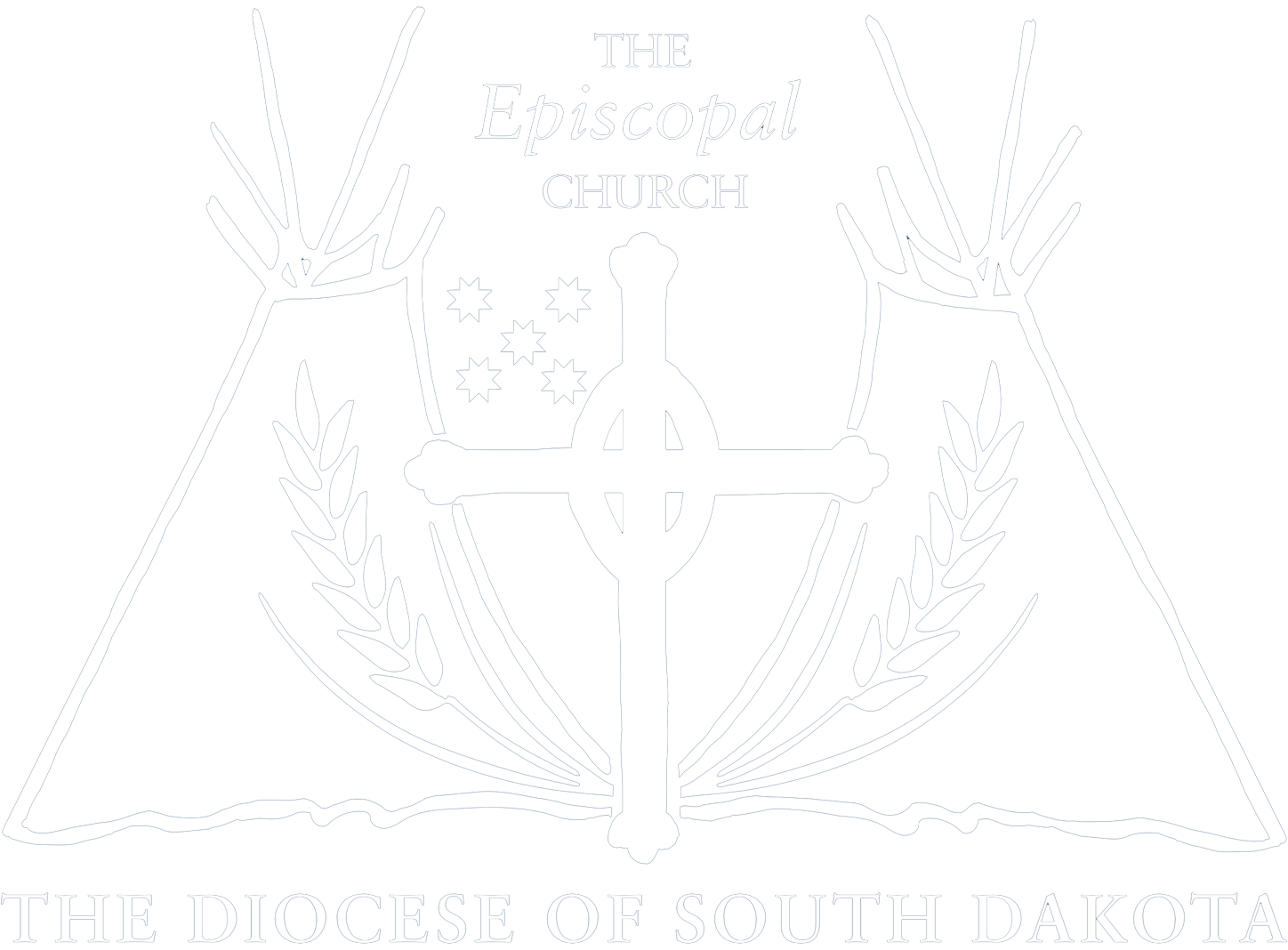[Episcopal News Service] Presiding Bishop Michael Curry issued a statement on Nov. 7 decrying the reported killing of 10,000 Palestinians in Gaza so far by the Israeli military in response to Hamas’ massacre of Israelis a month ago. Curry called for an end to all killing in the region while acknowledging the conflict’s complexities.
“Today I raise my voice for love because more than 10,000 people have died in Gaza, including more than 4,000 children,” Curry said, citing figures reported by Gaza’s Hamas-controlled health ministry. “The violence is horrific, and the geopolitics are complex, but my call to love is simple: Stop the killing. Stop all of it. Stop it today.”
Curry’s statement marks his most direct comments yet on the intensifying conflict. It comes one month after Israel declared war on Hamas, the armed militant group that controls Gaza, for its surprise attack Oct. 7 on communities in southern Israel. Hamas gunmen killed an estimated 1,400 Israelis and took about 200 more hostage, according to Israeli officials.
After that attack, the 140-square-mile Palestinian territory, already struggling under a yearslong Israeli blockade, was further cut off by Israel from food, water, electricity and fuel. Israel bombarded Gaza with rockets while deploying troops to the border for a ground invasion. Some of those troops crossed into Gaza more than a week ago and have surrounded Hamas’ northern Gaza stronghold.
Curry, in his statement, called on the United States government to press Israel to end bombing of civilian areas in Gaza and to enable greater flow of humanitarian aid to the territory, one of the most densely populated places in the world.
“We will not be silent while an entire population is denied food, water, electricity, and fuel needed to run hospitals,” Curry said. “We cannot stand by while thousands of civilians die. Our partners in the region tell us they live in terror — that they feel they have died even while alive. They feel that the international community is tacitly sanctioning the killing of civilians and the bombing of schools, hospitals, and refugee camps. Staying quiet in this moment would be a stain upon our souls and would deepen our complicity …
“Every human child of God – Palestinian and Israeli – deserves safety and security. We need to stop the killing. Today.”
Two weeks ago, in his opening remarks at the online meeting of Executive Council, Curry spoke of “great suffering in Israel and Gaza” and he encouraged Episcopalians to advocate “for humanitarian aid to flow freely to those in desperate need in Gaza; for the release of all hostages; for an end to all targeting of children and other civilians; and for a de-escalation of violence in the West Bank and East Jerusalem.”
He had previously released a call to prayer in response to the Oct. 17 blast at an Anglican hospital in Gaza that was reported to have killed several hundred Palestinians gathered in its courtyard. Hamas blamed an Israeli airstrike for that explosion, though Israeli officials countered that the cause was an errant Palestinian rocket fired from within Gaza, a version of events endorsed by U.S. officials. Other blasts that have damaged Gaza hospitals are reported to have been caused by Israeli airstrikes on the territory.
“We have all been invited in the last few days to join with Archbishop Hosam Naoum and the Patriarchs and Heads of Churches in Jerusalem, as well as Pope Francis and Archbishop Justin Welby, to pray fervently for all those who have been hurt, harmed, or killed in this conflict,” Curry said after the hospital blast. “Right now, I ask you to pray fervently for the birthplace of the Abrahamic faiths and for all its people. Pray for those who have been hurt, harmed, or killed—regardless of who they are or who did it.”
Gaza previously had been under Israeli military occupation since the Arab-Israeli war of 1967, in which Israel fended off an attack by neighboring Arab nations and took control of Gaza, the Golan Heights and the West Bank, including East Jerusalem. In 2005, Israel withdrew from Gaza and implemented a blockade in 2007 after Hamas took control. The blockade has restricted imports and has prevented most people from leaving.
Many of the more than 2 million Palestinians now living in Gaza are refugees or descendants of refugees displaced by the hostilities between Arabs and Jews around the time of the 1948 creation of the nation of Israel in the aftermath of the Holocaust. As tensions that year between Arabs and Israelis escalated into war, Palestinian families in Israel were uprooted from their homes and never allowed to return, in what is known in Arabic as “Al Nakba,” or “The Catastrophe.”
In recent years, periodic violence has erupted between Hamas and Israel, including an 11-day war in 2021 that killed 248 Palestinians and 12 Israelis. After Hamas’ unprecedented Oct. 7 attack, Israel has vowed to destroy the militant group, and Israeli forces may remain in the territory in a security role “for an indefinite period” after the war is over, Prime Minister Benjamin Netanyahu said on Nov. 7.
Last week, Archbishop of Canterbury Justin Welby and Pope Francis and others called for an end to the conflict. The Episcopal Public Policy Network, which is managed by The Episcopal Church’s Washington, D.C.-based Office of Government Relations, released a policy alert on Oct. 28 calling for a ceasefire.
And the Executive Council of The Episcopal Church, at its meeting last month, passed a resolution condemning Hamas massacre of Israelis while also lamenting the thousands of Palestinians killed since then by Israeli airstrikes targeting Hamas in Gaza. It also acknowledged “the suffering from the lack of electricity, food and safe water and all of the violence that has occurred across Israel and Palestine.”
– David Paulsen is a senior reporter and editor for Episcopal News Service. He can be reached at dpaulsen@episcopalchurch.org.

